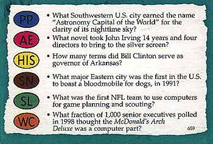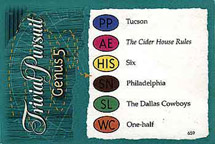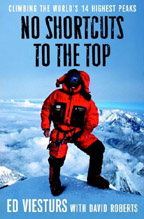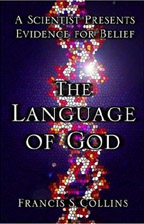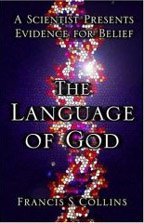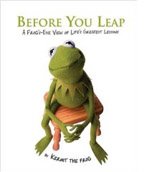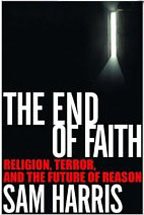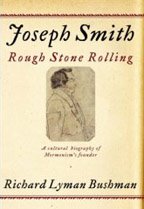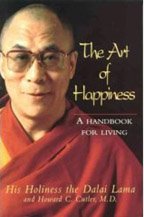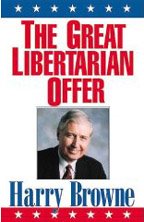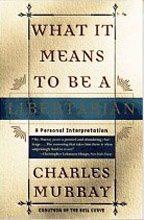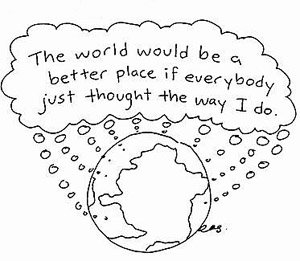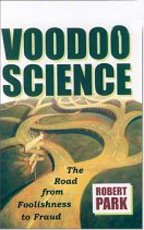A few years ago a new genre of movies emerged. Thanks to a visionary producer named
Richard Dutcher and his company, Zion Films, Mormon Cinema was created. In his mission statement for Zion Films Dutcher analyzed the religious themes in “Fiddler on the Roof”. He claimed, and I agree, that this movie was better because of the Jewish theme not in spite of it. Dutcher believed that similar movies that did not shy away from Mormon doctrine and experiences could produce equally moving tales. Since Dutcher opened the way with “God’s Army” many have followed. It saddens me to say that only a few of these movies have had any appeal at all outside the LDS community and only one has even approached Dutcher’s comparison to Fiddler on the Roof. What follows here is my review of the Mormon cinema films that I have seen in the last few years.
God’s ArmyA good movie about a few relatively average missionaries and a reasonable example of missionary life. I think every returned missionary can put a real name to each of the fictional characters in this movie. I liked the theme of each missionary having to figure out why he was on a mission. A great movie for LDS members but non-members would need a translator to explain what many scenes meant and why they were important, or funny.
The Single’s WardA good movie that dealt with the struggles of a divorced male trying to fit back in to a community that he felt has labeled him as a reject. LDS members from
Utah will particularly enjoy the countless cameos in the film. Unfortunately the cameos, and the jokes behind them, are completely missed by many members without links to Utah. I enjoyed the film as a comic look at dating in a Utah singles Ward but I fail to see how it would appeal to non-members.
The RMThis movie was essentially Singles Ward II. Rather than exploring the challenges of a divorced member it explored the awkward steps that a returned missionary takes while attempting to adjust to post mission life. Another one that I didn’t think was a waste of time but would hardly recommend it to my non-member friends.
The Best Two YearsI thought this was a good movie. I liked it better than God’s Army. It illustrated some of the struggles that foreign missionaries go through as far a separation, relationships, companions and struggles with the language. How living the gospel can change lives was a main theme. This appears to have been filmed rather than video taped. The quality of the images and the care taken in setting up the shots really set this movie apart from all the rest. In spite of this being a pretty good film, here again the strong mission theme here would still probably only draw LDS viewers.
The Book of Mormon, The movie.
I must confess that at my wife’s behest I did not add my admission fee to this movie. I didn’t go see it. Her review was that she had seen better costumes and acting back in the 80s when they still did roadshows. I was very suspect of this when I read on the film’s website during the casting process that they were looking for a Nephi that looked like the Arnold Freeburg paintings. They didn’t care if he could act and they would consider dubbing his voice if he looked a lot like the Freeburg Nephi.
Brigham CitySo far this is unquestionably the best of the genre. The themes of everybody having skeletons in their closets and the conflicted Bishop who is also the sheriff dealing with separation of church and state issues. A great movie about casting aside stereotypes and learning to forgive. I would recommend this to anybody. The sad part about this movie is that the strong murder mystery main story gave it a PG-13 rating. This rating scared away much of the core LDS audience. I think this movie would have done much better if it had been shown outside of Utah. Ironically the picture that came closest to Dutcher’s own “Fiddler on the Roof” standard was panned by his most loyal audience over the rating.
Saints and SoldiersI don’t care for war movies. However this one was very different. It will challenge your concept of how you define someone as a friend or an enemy. I’d like to see more LDS films explore these types of serious themes.
Work and the GloryMy wife read the books by Gerald Lund that this movie series is based on. From her reports they seem to be faithful to the books. The first movie is well done but it never quite escapes the ABC miniseries soap opera feel. I like the historical fiction about a fictitious family with the Joseph Smith story as a background support. Done right as they did with Ben-Hur, this strategy can be a great way to tell both the fiction story and the real history behind it. I think they’re headed in the right direction with these films and I look forward to seeing them all.
Baptist at Our BarbequeDone right this movie could have had a great out reach to non-members. The concept of two conflicting communities trying to get along in the same town lead to a lot of issues about who is truly our neighbor. Unfortunately, they resorted to slapstick and jokes and avoided the more serious issues that could have been dealt with in a film with this title. It was entertaining but hardly high-cinema.
The Home TeachersAnother skinny guy and fat guy slapstick road trip movie. Not much distinguished this movie from Tommy Boy. The fat guy even looked like Chris Farley. Knocking a corpse out of a coffin at a funeral, a toilet falling through the ceiling, hich-hiking after they destroyed the car, etc. etc, ad nauseam. The last 10 minutes of the movie they tried to pull it out of the gutter by finally understanding why they were home teaching in the first place. I’m sorry, but it was too little too late for me to give this a thumbs up.
Mobsters and MormonsThis was a cute movie. The acting was good and there were some good morality issues covered, also a few valuable lessons about judging others. As much as I enjoyed this it was still just like an LDS version of For Richer or Poorer. Again we have a movie that makes jokes about LDS culture without even approaching any doctrine. There are jokes about coke, scrapbooking, etc but nothing too deep. The saving grace for this movie was the last few minutes when the mobsters explain how they were taken in by some folks who truly treated them like neighbors. Watch it. It’s fun.
Suits on the LooseThis is a story about two young convicts who escape from a work camp and end up hiding within the Church as missionaries. Personally I though Nuns on the Run was much funnier and had almost exactly the same theme.
Sons of ProvoA tounge in cheek look at a Mormon "boy band". The soundtrack is hilarious but that's its only saving grace. Like many others this movie seems to targeted souly to LDS members.
I have yet to see
States of Grace. The reviews have been very good and I have high hopes for it. I’ll post a review once I’ve seen it.
I also haven’t seen
Church Ball or
Take a Chance yet. They look reasonably entertaining but I’m not holding my breath that either with approach the “
Fiddler on the Roof” standard.
I think the saddest thing here is that there is no impetus for these films to get better. The core market, LDS members, buys these mediocre movies as if they were canonized. If the members keep this up the quality of the movies has no reason to improve. Just because it isn’t a “bad movie” i.e. rated R, doesn’t necessarily mean it’s a good movie. Only a couple of them have the doctrine as a central theme. Most are mearly about the LDS culture outside of the doctrine. As these films’ core audience we should coax them in the right direction. I would encourage members to continue viewing these movies but to be more selective and objective. If we don’t hold the genre to higher standards than we have been they will never get any better. Although most have been entertaining nothing I have seen in any of these films has grabbed me with the intensity of Tevye singing the line, “Then I suppose I love you too.” Keep trying. I’ll keep watching.


